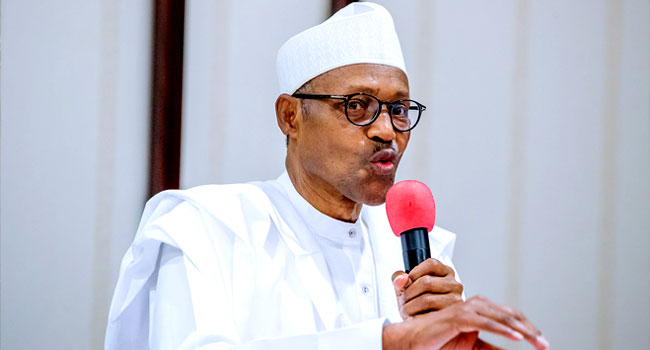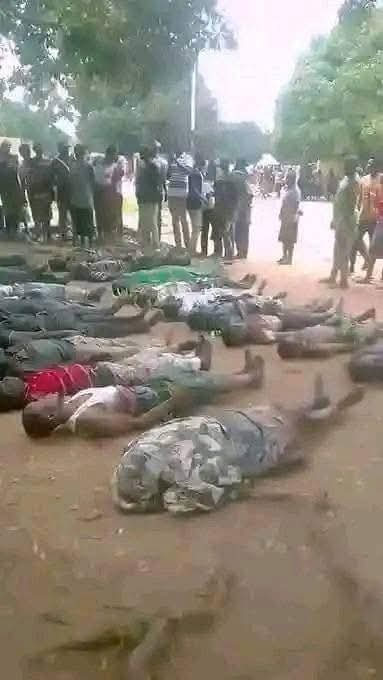
The United Kingdom has warned that the rise in conflicts could destabilise Nigeria if urgent actions were not taken to address the situation as the nation prepares for the 2023 elections.
The British government also blamed the crisis on injustice and impunity as well as weak judicial institutions, insisting that the conflict posed an existential threat to Nigeria’s unity and development.
Speaking at the launch of the Nigeria Governors’ Forum Peace and Inclusive Security Initiative in Abuja on Thursday, the Development Director, UK Foreign, Commonwealth and Development Office, Mr Chris Beecroft, observed that peace and stability could be achieved when the causes of conflict in society are managed through strong, fair, and responsive governance mechanisms at community, state, or federal level.
He said, “The rise in conflict risks destabilising Nigeria’s democracy in the run-up to the 2023 elections. There is an active insurgency in the North-East; farmer-herder conflicts are extending across the country; resource conflicts in the Delta; tension in the South-East; and banditry in the North-West.
“Conflict destroys lives, destroys livelihoods, destroys hope and ambition for the future. Conflict represents an existential threat to Nigeria’s unity and its development.”
Beecroft explained that the use of the police and army would only be part of the solution, as he called for greater emphasis on reconciliation, mediation, arbitration, and access to justice which he described as vital components of a vibrant, resilient, and effective social contract.
He identified the proliferation of small arms and weapons and “the weaponisation of social media as drivers of conflict and instability.”
The FCDO Director called for job creation for young Nigerians “so they have a stake in a prosperous and peaceful Nigeria,” adding, however, that with the right commitment, dedications and support, “there are solutions.”
Chairman of the Nigeria Governors’ Forum, and Governor of Ekiti State, Kayode Fayemi noted that the spate of violence and coordinated criminal activities have undermined government authority and weakened public trust.
He stated, “The current security crisis in the country is caused by several factors including an oversized population that the government is unable to cope with, a large number of poor people estimated at over 40 per cent of the population who are living below $1 per day, and indeed, desertification which has affected over 60 per cent of Nigeria’s land, as drought and climate change has continued to aggravate land deterioration in the country.”
Former head of state and Chairman of National Peace Committee, Gen. Abdulsalami Abubakar (retd), in his remarks, expressed worry over what he called the instrumentalisation of violence, noting that “violence has become a commodity in Nigeria.”
Abubakar, who was represented by the Catholic Bishop of Sokoto Diocese, Bishop Matthew Hassan Kukah, argued that poverty was not the cause of violence in Nigeria, noting China has about 300 million unemployed persons.


